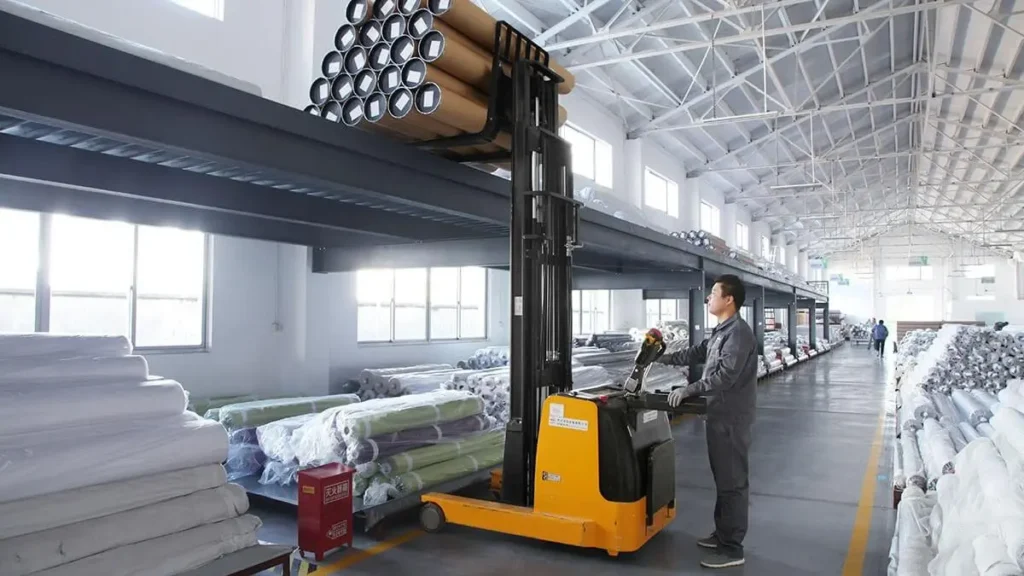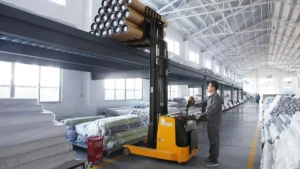Finding good wholesale window shade suppliers in China can save you money, but you need a smart plan. You must check factories, certifications, and how well they communicate.
To find reliable wholesale window shade suppliers in China, vet them thoroughly with factory audits and certifications. Ensure product quality with inspections. Understand international logistics and regulations. Shadesmart uses its experience and teams to provide high-quality, compliant products and predictable lead times.
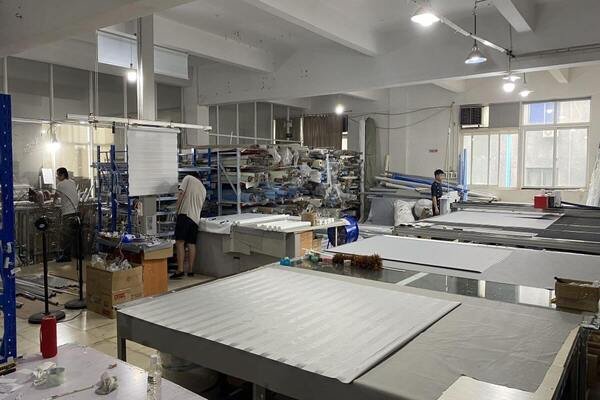
I know that finding the right supplier is foundational to any successful project. When sourcing from China, it is a balance of cost-efficiency and risk management. My goal is always to secure reliable partners who deliver consistent quality. This guide helps me explain how I approach this critical task.
What are the key criteria for vetting wholesale suppliers in China?
Are you wondering how to pick a good wholesale supplier in China from all the choices? There are specific things you must check to find a reliable one.
Key criteria for vetting wholesale suppliers in China include conducting factory audits, verifying certifications (ISO, CE), assessing communication abilities, checking their track record, evaluating production capacity, and ensuring financial stability.
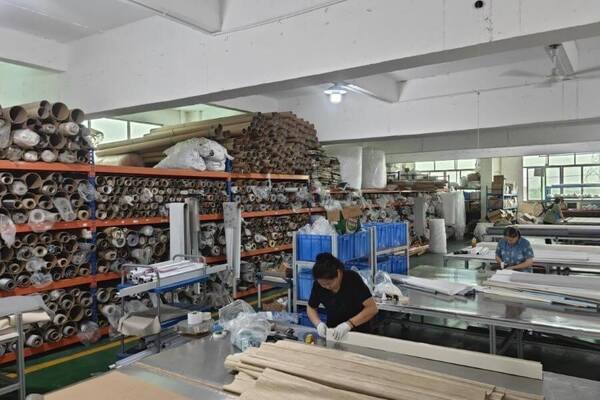
From my experience, vetting wholesale suppliers in China requires a systematic approach. First, I always start with factory audits. This means either I, or a trusted third-party, physically visits the factory to assess their production capabilities, quality control processes, working conditions, and adherence to international standards. This step is critical; it helps me understand if they can actually deliver on their promises. Second, I look for relevant certifications. ISO 9001 (quality management) and ISO 14001 (environmental management) are standard. For specific products, certifications like CE for European markets or UL for North America are essential. These certifications show a commitment to quality and compliance. Third, communication ability is paramount. Language barriers and time zone differences can cause major problems. I look for suppliers with dedicated English-speaking sales teams and clear, prompt communication channels. Fourth, I investigate their track record. This includes checking references from other international buyers, looking at their export history, and researching their reputation online. A long history of successful global operations, like Shadesmart’s since 2008, is a strong indicator of reliability. Fifth, I assess their production capacity to ensure they can meet my project's volume and deadlines without compromising quality. Finally, understanding their financial stability ensures they are a secure long-term partner and not a risk.
| Vetting Criteria | Description | Importance for Reliability |
|---|---|---|
| Factory Audits | Physical visits to assess operations, QC, and standards. | Crucial for verifying actual capabilities and ethical practices. |
| Certifications | ISO 9001, CE, UL, etc., for quality, environmental, and product safety. | Demonstrates adherence to international standards and compliance. |
| Communication Ability | English-speaking staff, prompt responses, clear channels. | Minimizes misunderstandings, ensures smooth project flow. |
| Track Record (References) | History of successful global trade, client references, online reputation. | Indicates proven ability to deliver consistently. |
| Production Capacity | Ability to meet required volume and deadlines. | Prevents delays and ensures scalability for projects. |
| Financial Stability | Assessment of their financial health and business longevity. | Secures long-term partnership and mitigates supply risks. |
How can businesses ensure product quality and consistency from overseas manufacturers?
Are you worried about getting the same good quality every time you order from overseas? Keeping product quality high needs a clear plan.
Businesses can ensure product quality and consistency from overseas manufacturers by establishing clear specifications, implementing rigorous quality control protocols (pre-production, in-process, pre-shipment inspections), sourcing quality raw materials, and maintaining strong communication and feedback loops with the factory.
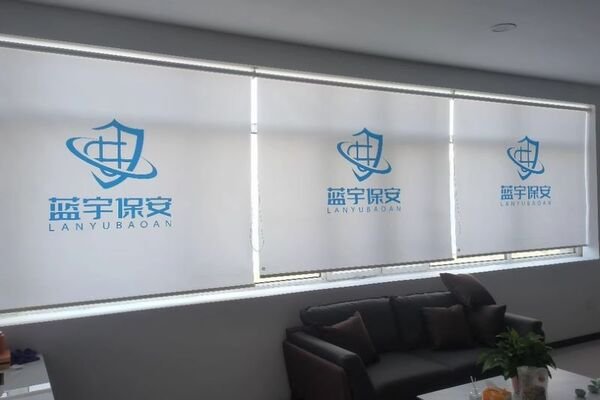
I know that maintaining consistent product quality from overseas manufacturers is a top priority for my projects. There are several steps I take to ensure this. First, I establish very clear and detailed product specifications. This includes precise dimensions, material composition, color codes (Pantone or RAL), performance metrics (light transmission, UV blockage), and packaging requirements. No detail is too small. Second, I implement rigorous quality control protocols throughout the production process. This involves pre-production inspections of raw materials, in-process quality checks during manufacturing, and a final pre-shipment inspection (PSI) by a third party or my own team. Shadesmart, for example, has dedicated QC teams to oversee these stages. Third, I ensure that the manufacturer is sourcing high-quality raw materials. Sometimes cost reductions can lead to using inferior components, which compromises the final product. I ask for material quality certifications and samples. Fourth, maintaining strong and regular communication with the factory is vital. This helps address any issues immediately and ensures everyone is aligned on quality expectations. Finally, I regularly visit the factory or have my representatives visit. A physical presence reinforces quality expectations and helps build a stronger relationship, which translates into better product consistency over time.
| Quality Assurance Method | Description | Impact on Product Quality |
|---|---|---|
| Clear Specifications | Detailed requirements for dimensions, materials, colors, performance, packaging. | Eliminates ambiguity, sets clear quality benchmarks. |
| Rigorous QC Protocols | Pre-production, in-process, and pre-shipment inspections (PSI). | Catches defects early, ensures standards at every stage. |
| Raw Material Vetting | Ensuring supplier uses high-quality, certified raw materials. | Prevents foundational quality issues in the final product. |
| Strong Communication | Regular dialogue, feedback loops, quick issue resolution. | Keeps production aligned with expectations, fosters improvement. |
| Factory Visits/Audits | On-site checks by internal team or third-party. | Verifies practices, builds relationships, reinforces quality commitment. |
| Testing & Certifications | Product testing by accredited labs, compliance with relevant standards. | Provides independent verification of performance and safety. |
What logistical and regulatory considerations are crucial for international sourcing?
Are you overwhelmed by all the rules and shipping details when importing from other countries? Understanding these is key to avoiding problems.
Crucial logistical and regulatory considerations for international sourcing include understanding Incoterms, managing shipping methods (ocean/air freight), customs duties and taxes, import regulations specific to your country, and currency exchange risks.
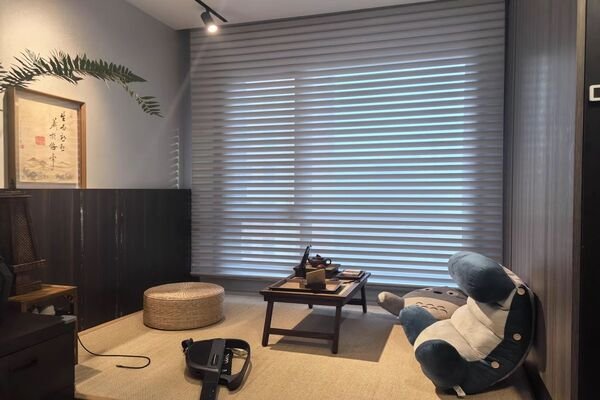
I know that navigating international logistics and regulations can be a minefield. It is not just about getting the product; it is about getting it smoothly, legally, and cost-effectively. First, understanding Incoterms (International Commercial Terms) is absolutely crucial. These codes define who is responsible for what part of the shipping process, including cost and risk, from the factory to the final destination. My preference is often FOB (Free On Board) or CIF (Cost, Insurance and Freight) as it clarifies responsibilities clearly. Second, choosing the right shipping method—ocean freight for cost-effectiveness on large orders, or air freight for speed on smaller, urgent shipments—significantly impacts both cost and lead time. Mistakes here can cause huge delays and extra costs. Third, I always factor in customs duties, taxes, and tariffs. These can add a substantial percentage to the landed cost of goods. Knowing my HS codes (Harmonized System codes) is essential for accurate calculations. Fourth, I must be aware of my country's specific import regulations and product safety standards. For instance, fire ratings for commercial shades or child safety regulations are non-negotiable. Non-compliance can lead to goods being held at customs, fines, or even rejection. Finally, currency exchange rate fluctuations can impact costs, so I monitor these and sometimes use hedging strategies for large orders. Shadesmart helps navigate many of these complexities, offering clearer pathways for my clients.
| Consideration | Description | Impact on Sourcing Project |
|---|---|---|
| Incoterms | Defines responsibilities, costs, and risks between buyer and seller in shipping. | Prevents disputes, clarifies financial and liability expectations. |
| Shipping Method | Choice between ocean freight (cost-effective, slow) and air freight (fast, costly). | Affects overall lead time and transportation budget. |
| Customs Duties & Taxes | Tariffs, import duties, and VAT applied by the destination country. | Adds significant cost to final landed price, requires careful calculation. |
| Import Regulations | Country-specific rules, product safety standards (e.g., child safety, fire ratings). | Essential for legal compliance, avoiding delays and penalties. |
| Currency Exchange | Fluctuations in exchange rates between currencies. | Can impact total cost, requiring monitoring or hedging. |
| Documentation | Commercial Invoice, Packing List, Bill of Lading, Certificate of Origin. | Critical for customs clearance and smooth logistics. |
How does Shadesmart ensure supply chain reliability and quality for our partners?
Are you wondering how Shadesmart promises great quality and steady delivery from overseas? We have specific ways to ensure our partners get the best.
Shadesmart ensures supply chain reliability and quality by leveraging over a decade of experience, maintaining dedicated on-the-ground teams for factory oversight, implementing rigorous multi-stage quality control, fostering long-term supplier relationships, and providing transparent communication and logistical support.
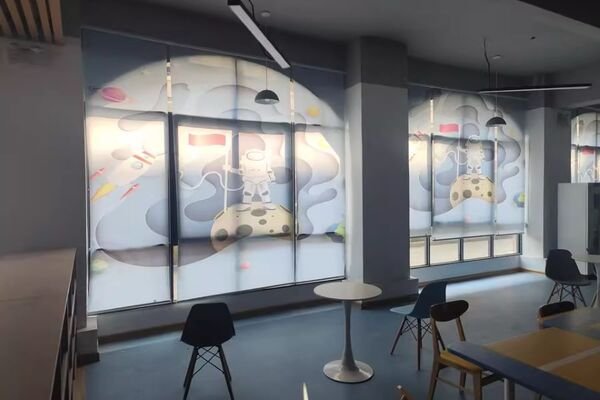
At Shadesmart, ensuring supply chain reliability and consistent quality for our B2B partners is at the core of what we do. I have seen firsthand how our approach provides peace of mind to clients. First, we leverage our deep well of experience since 2008 in global sourcing and manufacturing. This means we have a proven network of trusted factories and understand the nuances of international trade. Second, we maintain dedicated, on-the-ground teams in our manufacturing regions. These teams are not just auditors; they are involved daily, overseeing production, ensuring ethical practices, and acting as a constant presence for quality assurance. Third, Shadesmart implements rigorous multi-stage quality control protocols. This includes raw material inspection, in-process checks at various production stages, and comprehensive final inspections before anything leaves the factory. We catch potential issues early, not when they arrive at your site. Fourth, we foster long-term, strategic relationships with our suppliers. This is not about one-off deals; it is about building partnerships that ensure priority service, consistent material quality, and continuous improvement. Finally, we provide transparent communication and robust logistical support. Our partners receive clear updates on production, shipping, and any potential challenges, with our team actively managing customs and delivery to your door. This integrated approach minimizes risks and ensures our clients receive high-quality, compliant products with predictable lead times.
| Shadesmart's Approach | Description | Direct Benefit for Our Partners |
|---|---|---|
| Decades of Experience | Since 2008, established expertise in global sourcing and manufacturing. | Access to proven network, reduced risk of unknown suppliers. |
| On-the-Ground Teams | Dedicated staff in manufacturing regions for daily oversight and QC. | Ensures consistent quality, ethical practices, and rapid issue resolution. |
| Multi-Stage Quality Control | Inspections at raw material, in-process, and final production stages. | Catches defects early, guarantees product standards on delivery. |
| Long-Term Supplier Partnerships | Strategic relationships built on trust and continuous collaboration. | Priority service, consistent material quality, stable supply. |
| Transparent Communication | Clear updates on production, shipping, and proactive issue management. | Minimized uncertainty, predictable lead times. |
| Logistical Support | Active management of customs, shipping, and delivery to your destination. | Streamlined import process, reduced administrative burden for partners. |
Conclusion
Finding reliable wholesale window shade suppliers in China demands careful vetting, focusing on factory audits, certifications, and communication. Ensuring quality requires detailed specs and robust QC. Navigating logistics, Incoterms, and regulations is also vital. Shadesmart ensures reliability through experience, on-ground teams, and rigorous quality control for its partners.
